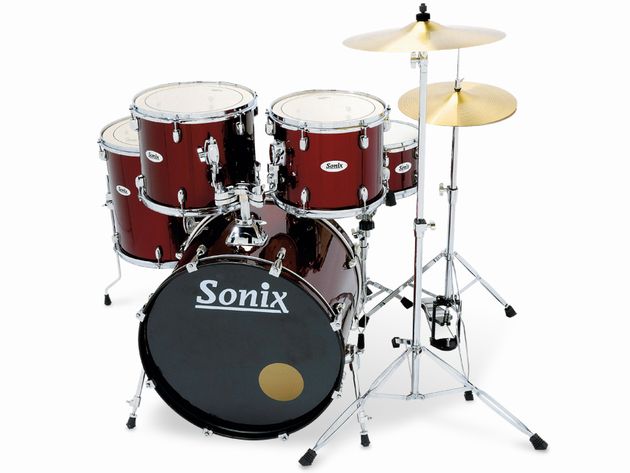 Jeffrey Tucker, managing editor of Sacred Music and publications
editor of the Church Music Association of America, has a good article in Crisis
Magazine on June 18. The title
is “Five Ways to Ruin the Mass”.
Jeffrey Tucker, managing editor of Sacred Music and publications
editor of the Church Music Association of America, has a good article in Crisis
Magazine on June 18. The title
is “Five Ways to Ruin the Mass”.
Here are the five reasons with just a snippet of what Mr.
Tucker says by way of explanation. Be sure to read the entire article!
Is your parish guilty of these missteps?
** **
** ** **
Improvisation
of the Liturgical texts
The
problem of celebrants who make up their own words on the spot, in hopes of
making the liturgy more chatty and familiar, continues to be a serious
annoyance. It is obviously illicit to do so.
This is
truly tragic for everyone sitting in the pews. If the texts can just be
ignored, why shouldn’t the faithful themselves feel free to take what they want
and otherwise discard core teachings of the faith? This whole practices
encourages a general disrespect for the ritual and even the faith itself.
Politicized
and newsy prayers of the faithful
Sometimes
these prayers seem like last month’s newspaper, calling to mind events that
left the 48-hour news cycle long ago. Or they can seem subtly manipulative,
trying to get us to think and believe things about the controversies of the day
that are actually more in dispute than the prayer would indicate. A particular
annoyance to me are the prayers that are crafted to straddle some kind of
triangulating political position that has nothing to do with the liturgy or
doctrine or morals.
Extended
and chatty sign of peace
…[I]t
is not supposed to be a micro-social hour that encourages people to mill around
as if at a cocktail party.
…[I]f
there is an invitation to have the people offer a sign of peace, it should be
short. The General Instruction says: “it is appropriate that each
person, in a sober manner, offer the sign of peace only to those who are
nearest.”
…In
general, this whole part of the Mass invites confusion and awkwardness, and no
matter how much we try to solemnize it, it still has more of the feeling of a
civic or social activity than a truly liturgical one. At best it is a
distraction. At worst, it can result in hurt feelings and all around confusion.
Replacing
the sung propers with something else
Since the earliest centuries, the liturgy assigned
particular scriptural texts to particular liturgical days. This happens at the
entrance, the music between readings, the offertory, and the communion. The
instructions are very clear: the assigned chant is to be sung. If something
else was sung, the words were still said by the priest. And so it was in most
countries from the 7th century until quite recently.
Today, the Mass propers are mostly replaced by something
else, usually a hymn with words made up by some lyricist. Quite often the
results have nothing to do with the liturgy at all.
 |
| Just say NO!! |
Percussion
Today
we hear conga drums, trap sets, bongos, and other drums played not in the style
of Monteverdi processions, or Masses by Haydn or Mozart. Instead we hear them
just as we would hear them in a bar or dance hall.
They
are used just as they are in the secular world: to keep a beat, to make the
music groovy, to inspired us to kind of do a bit of a dance. That’s the
association of percussion we have in our culture. It is not a sacred
association. The association is entirely profane. There’s a role for that. But
Church is not the place and Mass is not the time.
Read the entire article here.
No comments:
Post a Comment